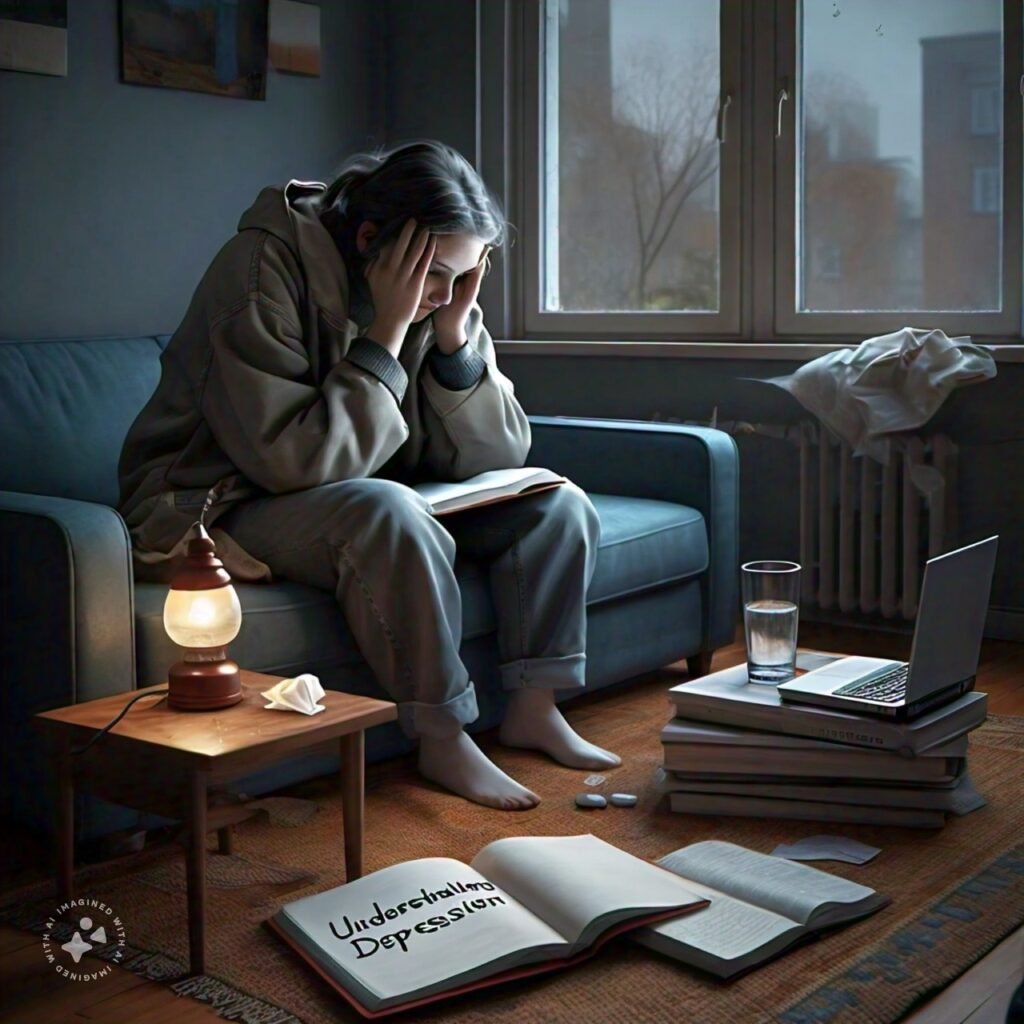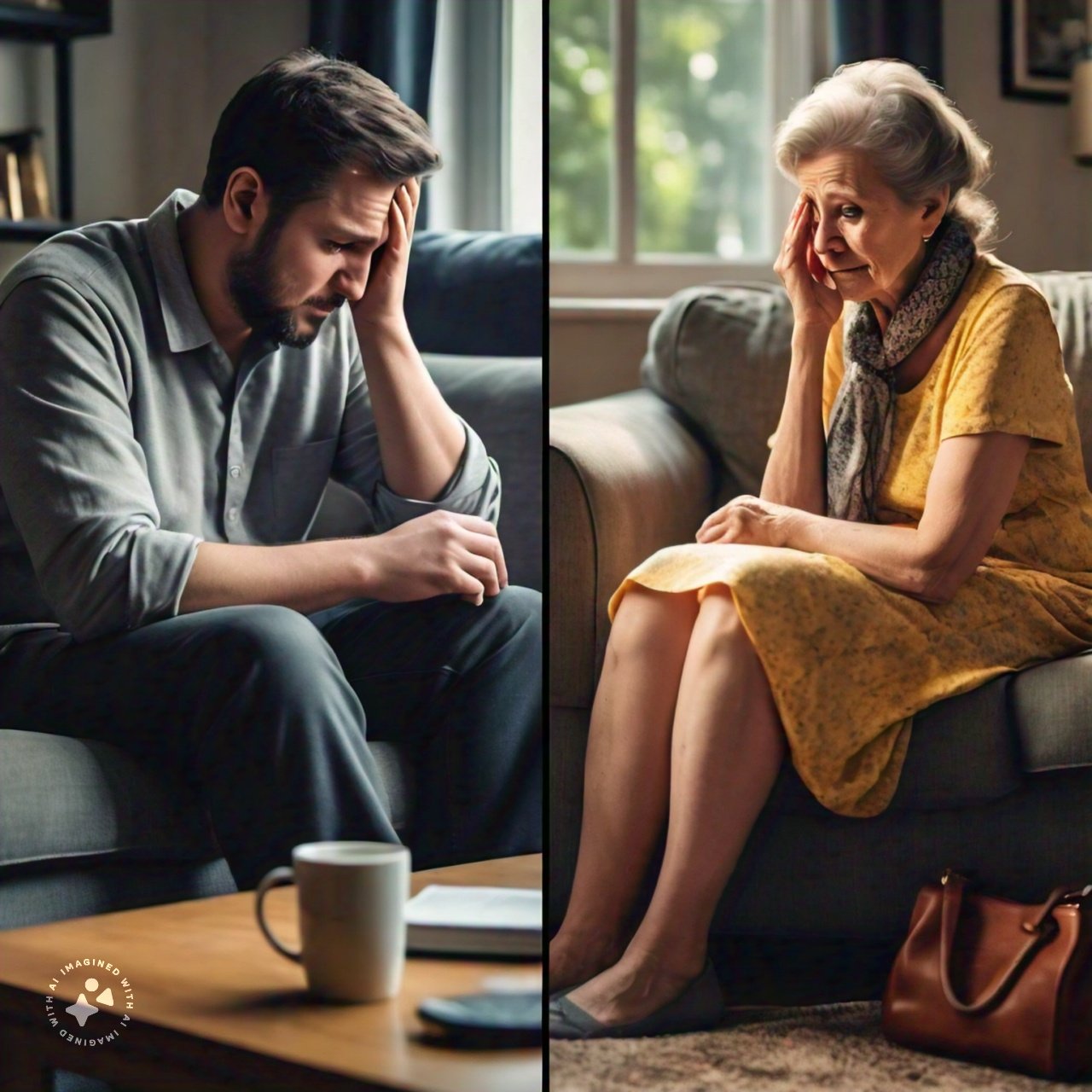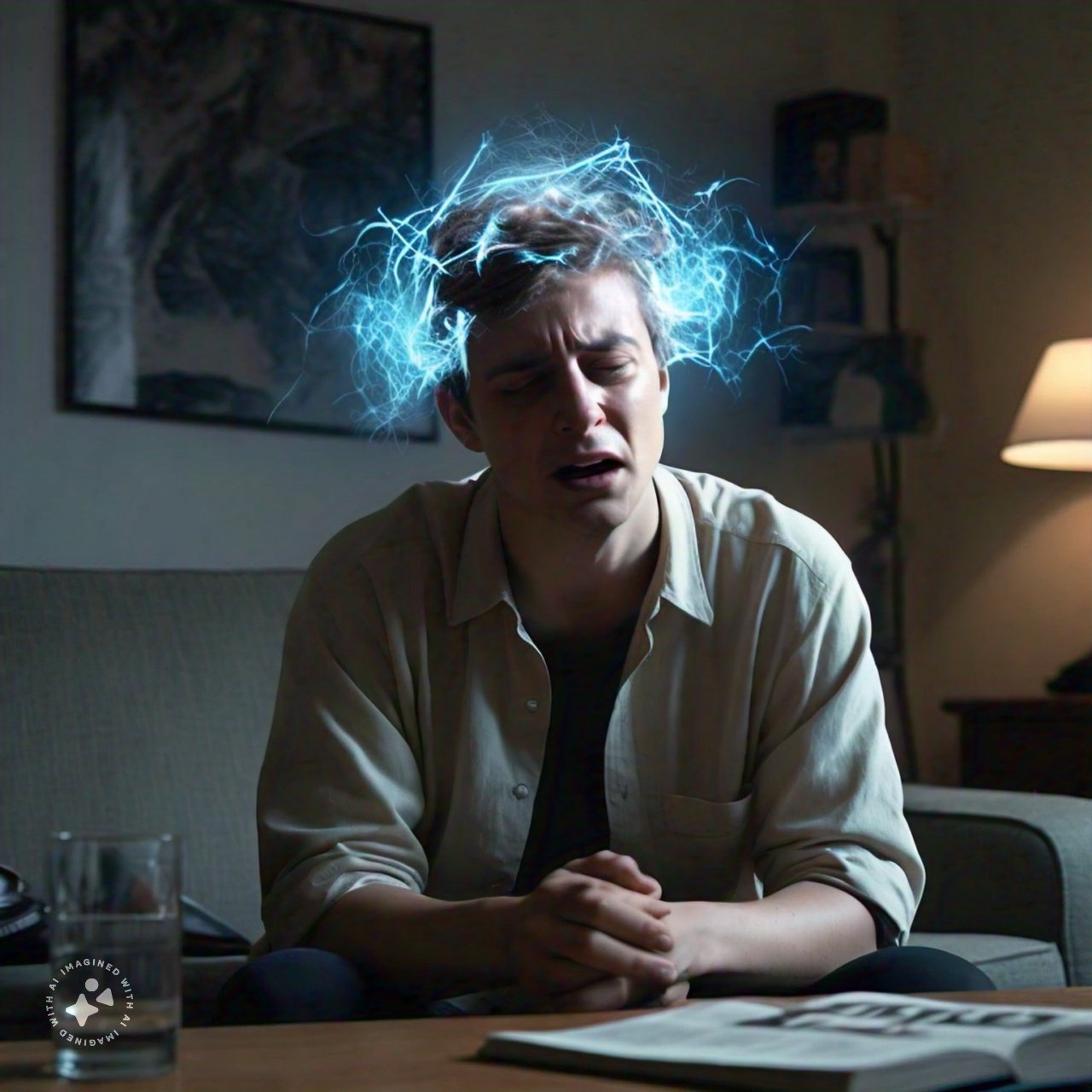Depression affects millions of people worldwide, but men and women experience it differently. Recognizing these differences is essential for providing effective treatment and support. While depression is a common mental health disorder, its symptoms, prevalence, and help-seeking behaviors differ based on gender. Lumina Psychiatry focuses on addressing these distinct experiences to offer comprehensive care for all individuals.
Understanding Depression
Depression affects millions worldwide. This common mental health disorder manifests as persistent sadness, a lack of interest in activities, and various physical and emotional issues. Individuals may experience fatigue, changes in appetite, sleep disturbances, and difficulty concentrating. Depression also impacts daily life, causing disruptions in work, relationships, and personal well-being. Those affected often struggle with feelings of hopelessness and worthlessness, making everyday tasks challenging. Early recognition and treatment can significantly improve the quality of life for those suffering from depression. Seeking professional help and support is crucial for managing and overcoming this debilitating condition.
Prevalence of Depression in Men and Women
Depression affects both men and women globally, with women more commonly diagnosed. Statistics reveal that about 10% of men and 20% of women experience depression at some point in their lives. In Singapore, studies show similar trends, with women reporting higher rates of depression. Men, however, often underreport their symptoms due to societal expectations and stigma. This underreporting leads to a lack of accurate data on male depression rates. Addressing these disparities requires increased awareness and efforts to reduce stigma, encouraging men to seek help and support for their mental health struggles.
Symptoms of Depression in Women

Women often experience a range of symptoms when dealing with depression:
- Emotional Symptoms:
- Persistent sadness
- Feelings of worthlessness
- Excessive guilt
- Anxiety
- Physical Symptoms:
- Changes in sleep patterns (insomnia or excessive sleeping)
- Changes in appetite (weight loss or gain)
- Behavioral Symptoms:
- Withdrawal from social activities
- Lack of interest in hobbies
- Difficulty concentrating or making decisions
- Increased irritability
- Fatigue
- General sense of hopelessness
These symptoms can vary in intensity and duration, making it crucial for women to seek professional help when they notice such changes. Early intervention and appropriate treatment can significantly improve their quality of life, helping them manage and overcome the challenges posed by depression.
Symptoms of Depression in Men

Men often show different symptoms of depression compared to women. They may exhibit:
- Emotional Symptoms:
- Irritability
- Anger
- Increased frustration
- Lack of emotional expression
- Physical Symptoms:
- Fatigue
- Changes in sleep patterns (insomnia or excessive sleeping)
- Physical complaints such as headaches or digestive issues
- Behavioral Symptoms:
- Loss of interest in work or hobbies
- Withdrawal from social activities and relationships
- Increased risk-taking behaviors
- Substance abuse (alcohol or drugs)
- Difficulty concentrating or making decisions
Men are less likely to express feelings of sadness or hopelessness, often masking these emotions with anger or irritability. They may also struggle with acknowledging their depression due to societal expectations and stigma. Recognizing these symptoms and seeking professional help is crucial for men to manage and overcome depression. Early intervention can lead to significant improvements in their mental health and overall well-being.
Societal and Cultural Influences
Societal and cultural expectations play a significant role in how men and women express and recognize depression.
Society often dictates that men should remain stoic and self-reliant, discouraging them from showing vulnerability or seeking help for emotional issues. As a result, men may suppress their feelings and manifest depression through anger, irritability, or risky behaviors instead of acknowledging sadness or hopelessness.
In contrast, societal norms encourage women to express their emotions more openly. This openness allows women to recognize and seek help for depression more readily. However, these expectations can also lead to women being labeled as overly emotional or weak, potentially stigmatizing their mental health struggles.
Both men and women face unique challenges due to these cultural norms, which can hinder effective diagnosis and treatment of depression. Addressing these influences requires a shift in societal attitudes to promote understanding, acceptance, and support for mental health issues across genders.
Help-Seeking Behavior in Men vs. Women
Men and women exhibit different patterns when seeking help for depression. Women generally seek help for mental health issues more frequently than men. They often reach out to friends, family, and mental health professionals, feeling more comfortable discussing their emotional struggles. In contrast, men may avoid seeking help due to societal stigma or a reluctance to appear vulnerable. This reluctance often stems from cultural norms that emphasize stoicism and self-reliance in men.
Barriers to seeking treatment also differ between genders. Women may face obstacles such as fear of judgment, lack of support, or financial constraints. Men, on the other hand, may struggle with admitting they need help, fearing it will make them seem weak or incapable. These differences in help-seeking behavior highlight the need for targeted mental health awareness and support strategies. Encouraging open discussions about mental health and reducing stigma can help both men and women access the care they need.
Treatment Approaches for Depression

Treating depression involves several approaches, including therapy, medication, and lifestyle changes. Both men and women benefit from these core treatments, but tailoring the approach to address gender-related challenges and preferences can enhance effectiveness.
Therapy

Therapy, such as cognitive-behavioral therapy (CBT) or interpersonal therapy (IPT), provides a structured environment for individuals to explore their feelings and develop coping strategies. Women might prefer talking therapies that focus on emotional expression, while men may respond better to solution-focused therapies that emphasize practical problem-solving.
Medications

Medication, such as antidepressants, helps regulate mood and alleviate symptoms. Both genders can benefit from these medications, but men might need additional support to overcome reluctance to take medication due to perceived stigma.
Lifestyle Changes
Lifestyle changes, including regular exercise, healthy eating, and stress management techniques, play a crucial role in managing depression. Encouraging men to engage in physical activities or hobbies they enjoy can help improve their mental health, while women may benefit from social support networks and activities that promote relaxation and self-care.
Tailoring treatment to individual needs ensures more effective management of depression for both men and women.
How Lumina Psychiatry is Helping

Lumina Psychiatry actively addresses depression in both men and women through various initiatives and programs. The clinic offers personalized treatment plans that consider gender-specific symptoms and societal influences. By providing therapy sessions tailored to individual needs, Lumina Psychiatry ensures effective management of depression.
The clinic also facilitates support groups where individuals can share their experiences and receive mutual encouragement. These groups help reduce the stigma associated with mental health issues and promote a supportive community environment. Additionally, Lumina Psychiatry conducts educational workshops aimed at raising awareness about depression and encouraging help-seeking behavior among both men and women.
Collaborating with local communities, Lumina Psychiatry works to increase mental health literacy and promote understanding of depression. These efforts help create a more informed and supportive society, enabling individuals to seek the help they need without fear of judgment. Through these comprehensive initiatives, Lumina Psychiatry makes a significant impact on improving mental health and well-being.
Conclusion
Understanding how depression affects men and women differently is crucial for providing effective support and treatment. Recognizing gender-specific symptoms and societal influences helps tailor approaches that meet individual needs.
Lumina Psychiatry remains dedicated to addressing these differences through personalized treatment plans, therapy sessions, support groups, and educational workshops. By collaborating with local communities, the clinic promotes mental health literacy and reduces stigma. These comprehensive efforts ensure that both men and women receive the care and support they need to achieve better mental health and well-being. Addressing depression with a nuanced, gender-informed approach makes a significant difference in treatment outcomes.
For more information or to seek help, contact Lumina Psychiatry today.




